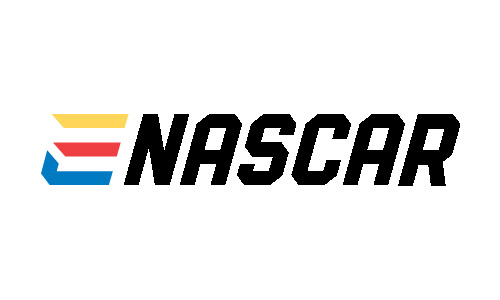A new cancer research grant has been awarded to a global team working on novel immunotherapies for children with solid tumors. The Mark Foundation for Cancer Research has awarded roughly $12 million to the NexTGen Team. Novel CAR-T therapy is on the cutting edge of terminal cancer research and treatment, but the therapy has seen little in the way of clinical trials in children with terminal cancers, to date.
Chimeric antigen receptor T-cell therapy (CAR-T therapy) involves removing T-cells directly from a cancer patient or a suitable donor. The T-cells are then genetically engineered to express chimeric antigen receptors onto their surface. The T-cells are basically reprogrammed so that they can recognize and target tumor-associated antigens when they are injected back into the patient. The new T-cells then trigger an attack on tumor cells which leads to their death.
To date, there are five CAR-T therapy treatments that have been clinically approved by the Food and Drug Administration (FDA). CAR-T therapy has enjoyed a very good track record of success against certain specific types of lymphomas and leukemia thus far. There are currently a number of clinical trials exploring the use of CAR-T therapies on solid tumors.
NexTGen Team is led by Dr. Martin Pule of University College London (UK) and Professor Catherine Bollard of the Children’s National Hospital (US). Through the use of the grant funds, their team hopes to develop a better understanding of childhood brain tumors and sarcomas. The goal is to develop CAR-T therapies that can be used for child patients.
Dr. Pule says the team’s vision is to improve the outcomes of children with solid tumors while reducing the toxicity of current treatment methods. Chemotherapy and radiation therapy are toxic, and as the old saying goes, doctors have to make patients sicker with these treatments in hopes of curing them. CAR-T therapy is on the cutting edge of scientific research for some cancers, but it is non-toxic and generally safe. Patients have met with very good outcomes from the therapy while reducing the toxicity from other treatment types (although CAR-T therapy is often a companion therapy to radiation or chemotherapy).
Dr. Ray DuBois chairs the board of the Mark Foundation for Cancer Research. He says that while CAR-T therapy is close to revolutionizing the treatment of blood cancers, there’s still a lot of work to be done on solid tumors. The Foundation’s grant funding is aimed at accelerating this process to save the lives of children with incurable cancers.
Glioblastoma (GBM) is the most common type of aggressive brain tumor in adults. GBM has a median two-year patient survival rate of 30 percent when treated with existing chemotherapy and radiation therapy treatments. A study published in PubMed showed that treatment with CAR-T therapy resulted in a patient experiencing a transient complete response that lasted for 7.5 months (the length of the trial), and resulted in a great improvement in the patient’s quality of life. Results from other clinical trials on adults are still pending.
Solid child tumors are a terrible challenge for researchers and for families whose child has been diagnosed. The money awarded to NexTGen was delivered through the Cancer Grand Challenge, funded by the Mark Foundation for Cancer Research. The doctors and scientists from NexTGen are excited to be working to bring the next generation of CAR-T therapy to patients, in hopes of eventually solving this critical problem.







